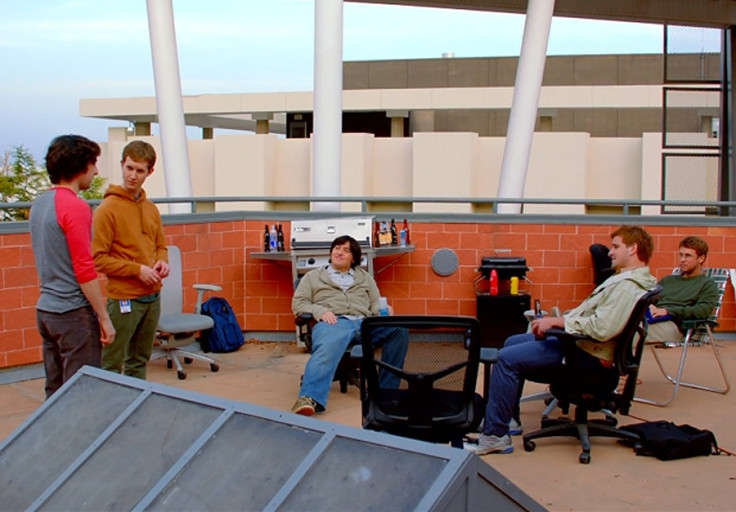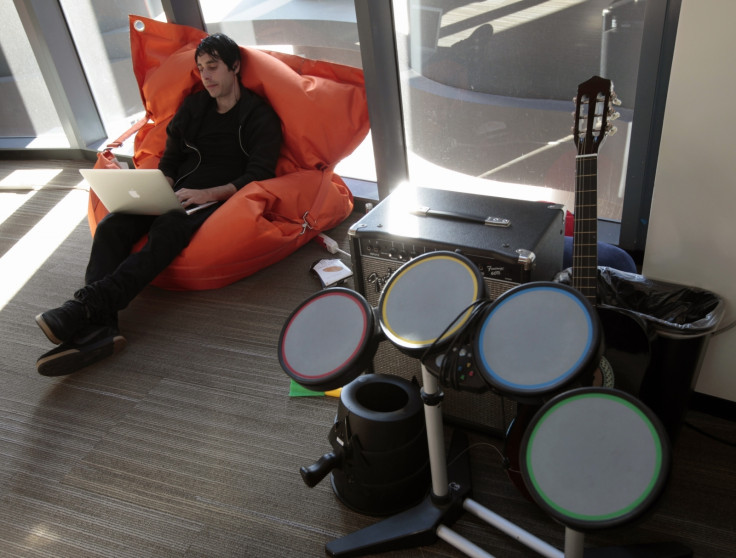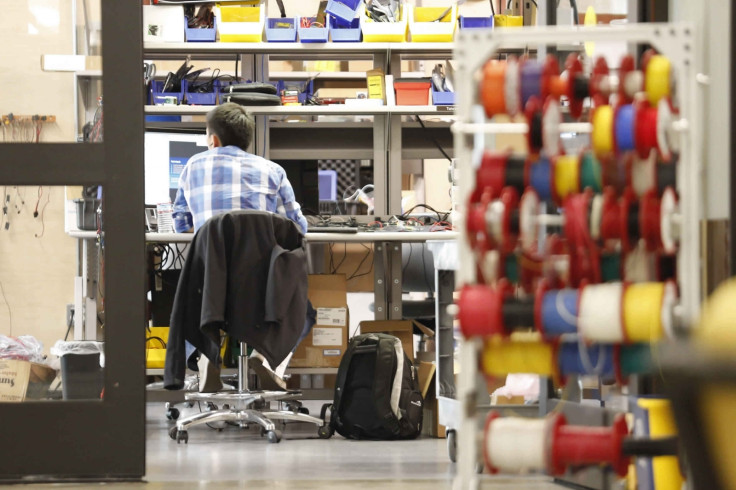How to get paid for doing nothing: Inside Silicon Valley's controversial 'rest and vest' culture
Tech giants pay senior software engineers huge amounts of money to stop them from going somewhere else.

It might take a bit of work to get there, but if you are a software engineer and reach a certain level of seniority in Silicon Valley, you might be eligible to join a secret club of employees who earn seven-figure salaries for doing pretty much nothing at all.
The "rest and vest" culture is a trend that is increasingly prevalent amongst the world's top tech giants.
It has long been muttered about by the rest of the IT industry not yet lucky enough to gain access to the not-so-secret elite club, and even featured as a joke on the HBO comedy series Silicon Valley.
Yet it turns out that the stereotype is not exaggerated at all – despite the long hours and high achieving culture of the rest of the IT industry, some people are actually permitted by their employers to get full pay and stock options for slacking off at work.
The sweet life

There are many reasons why "rest and vest" manifests itself in major technology companies. One key motivation is preventing competition from nabbing key talent.
For example, Microsoft's R&D department Microsoft Research routinely goes looking for computer scientists and researchers at universities who specialise in emerging technologies like artificial intelligence or quantum computing.
These people are in short supply because the research they are doing is often ground breaking, so Microsoft offers them paid roles, while allowing the academics to keep working in their existing jobs at universities. If these experts discover something good, Microsoft gets the credit, otherwise, at least they are not doing it for someone else.
"You keep engineering talent but also you prevent a competitor from having it and that's very valuable," Manny Media, chief executive of startup Outreach told Business Insider. "It's a defensive measure."
Then there are some tech companies where people are actually allowed to claim full pay, while obviously not doing anything at all, for example, when a software engineer intends to leave.
The management do not want the engineer to start work on a new project, because it will take a long time to complete, and the engineer will not be there to maintain it. Yet they still need the engineer to train others on how to use existing systems, so for months, the employee can just "coast" at work, waiting till their time is up.
Rest and Vest
The term 'vest' refers to a sort of discretionary bonus grant of additional stocks that are given out to certain employees who are considered to be indispensable to the business.
Former Facebook employees confirmed that the social networking giant has a similar secret programme, and that many software engineers who joined the company before its IPO are given these secret grants, often signed off by Mark Zuckerberg himself.
Employees are provided stock incentives as part of their compensation packages, but if they want to gain full non-forfeitable rights over the stocks, they have to perform well and remain with the company, as the rights are accrued over time following a schedule. Otherwise, if they leave, they might have to forfeit some of the stocks they were given when they joined. This is known as 'vesting'.
So if you want the stocks to vest, you have to stay, but being considered for bonus grants means that certain employees are given better projects to work on with more resources. This makes their lives easier, as they bring in more money than their colleagues, but with much less hassle.
Benefits, or distractions?
Then there is the 'Google' effect. To stay competitive with the internet giant, many tech companies in Silicon Valley and the rest of the world now offer multiple fringe benefits to their employees – from toys, board games and video game consoles; to complimentary gyms, swimming pools, sports fields and pool tables; to unlimited in-house catering of all meals, massage chairs, funky-themed lounge areas and on-site spas.
The idea is to make employees want to spend more time in the office, in the hope that they might actually end up doing more work and working longer hours if they get to have fun at the same time. Yet it seems the "tech lifestyle" can also backfire.
In the TV show Silicon Valley, the character Nelson "Big Head" Bighetti spends a large amount of time chilling out at Hooli, a fictional tech giant inspired by Google. The show makes a big joke about the fact that all Bighetti does is hang out on the roof with other employees who also have not been assigned any projects – and no one cares.
Unbelievable as this sounds, it seems that this actually happens in the industry. Several Google employees told Business Insider that the amount of distractions available make it very easy for employees to get away with not doing a lot of work.
They still need to show up for work every day, but once they are on campus, it is easy to avoid working, especially if your project recently ended, and you have not started a new one.
According to real software engineers on Reddit, when projects end, employees are often chucked back into a central 'pool'. If no one picks the employee for a new project, then the engineer gets assigned some menial task, or left to wait for the next project to come up.
"A startup with unlimited funds"

Remember Google X Lab (now 'Alphabet X'), the mysterious experimental technologies division of Google, that seems to come up with lots of fairly strange ideas that don't seem to ever see the light of day?
You might have heard how over the last year, Google's parent company Alphabet began shutting down several Google X projects – from the Titan solar-powered internet drones to Boston Dynamics' humanoid robots.
There is a reason for this. Apparently Google employees see the Google X division as the prime place to chill out and 'rest and vest'. If projects get cancelled, no one cares. No one seems to be bothered about the bottom line, and there is no urgency to bring any products to market.
"At X, we don't have a sense of budgetary concerns. Engineers get paid $250,000 to $600,000 (£192,000-£461,000) range, but there's no sense of urgency. It's like a startup but not really. It's like a startup with unlimited funds," a Google X employee said.
"What incentive do you have to work harder when you are already making $500,000 in salary and there is no more upward trajectory?"
Although life is still pretty sweet, some aspects of the 'rest and vest' culture have now prompted Google to reconsider how money is spent within the company.
Ruth Porat, Alphabet's chief financial officer, a Wall Street veteran who has spent 30 years in finance, is now stringently scrutinising the spending and earnings of all units to see how costs can be cut, so perhaps this culture will not go on forever.
© Copyright IBTimes 2025. All rights reserved.






















